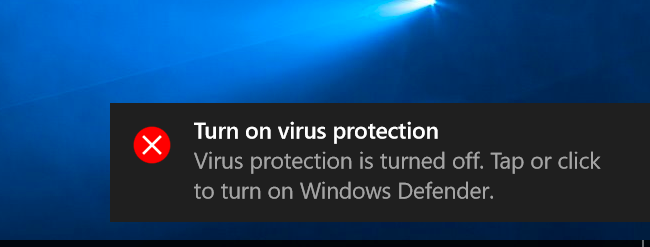
With Endpoint Security Keeping Every Device Safe, Secure, and Shielded.
Endpoint Protection Your Last Security Layer in the Digital Frontier

Our Endpoint Security Solution is Fortified by the Expertise of Seasoned Cybersecurity Professionals who Continually Analyze, Anticipate, and Mitigate Emerging Threats. With Their Vigilant Oversight, our Solution Provides Robust Protection Against a Wide Range of Cyber Risks, Ensuring the Safety and Security of Your Digital Assets.
Discover quick answers to common inquiries with our FAQ section